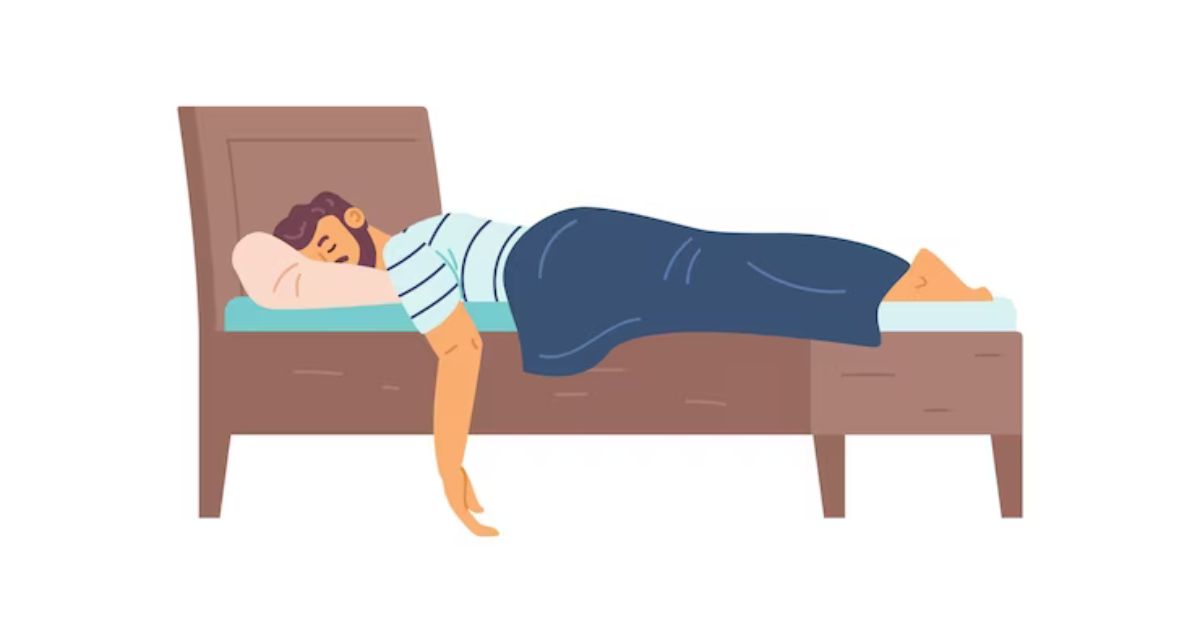What are the different types of dentists and what do they do

Maybe you know, maybe you don’t, but there are different kinds of dentists who take care of people’s teeth. Dentists are really well-trained doctors who focus on fixing problems with your teeth and mouth. Having healthy teeth is really important for your overall health. If our teeth aren’t healthy, it might even cause different sicknesses like heart problems, issues during pregnancy, and lung infections like pneumonia.
Why do we need different types of dentists?
Over time, lots of patients have asked me about the differences between various dental specialists and a General dentist. Some wonder why all these different specialists don’t work together in one place.
Think about it like this: A woman goes to her OB/GYN for her yearly checkup. This doctor can do breast exams, pap smears, and even take care of her when she’s pregnant and during childbirth. Some doctors in this field only focus on gynecology and not obstetrics. Let’s say the woman gets test results that might be cancer during a checkup. She would then visit a gynecologic oncologist, who only sees patients with cancer in female parts and works in a different place. The OB/GYN and gynecologic oncologist do different procedures, use different tools, and deal with patients’ emotions in different ways. So, it’s better for them to work in separate places. This is similar to how different types of dentists work.
read more – Quench your Thirst with These Healthy Drinks
To help understand these different dentists, here’s a simple explanation of what each one focuses on and the education they need.
Getting the right education to become different types of dentists:
Dental school lasts four years after you finish regular school. You get a dental degree, which could be DDS (Doctor of Dental Surgery) or DMD (Doctor of Dental Medicine), depending on your school. After you finish, you need to pass a test from your state’s dental board to become a licensed dentist in that state. If you want to become a specialist in one of six other dental areas, you have to do more training in that area, like how medical doctors learn more for their special jobs.
Now that I’ve talked about the education to become a dentist, let’s look at the different types of dentists and how they can help you.
General Dentist
After finishing dental school, every student can become a General dentist. For instance, some General dentists like doing root canals, while others prefer tooth removal. In my opinion, most General dentists focus on fixing teeth and doing cleanings. This includes things like check-ups, urgent check-ups, and checking for mouth cancer.
Read more – Fast Food Options for Fulfill Late-Night Craving
Since many patients need special dental help along with General dentist care, we work with other dentists who specialize in different things, like gum problems or difficult tooth issues. They do various treatments, even things like botox and complex treatments, right here in our office. Our patients get special care, all in the same dentist’s office, with the dentist watching over everything.
Gum Doctor
A gum doctor, also called a periodontist, takes care of problems with the gums, bones, and tissues that hold our teeth. I explain bone loss to patients like this: think of the support for teeth in our mouth like a fence post stuck in the ground with concrete around it. When a tall fence post has lots of strong concrete in the ground, it’s really sturdy. But if the same fence post only has a little bit of concrete, it’s weak and can be easily moved. Something similar happens when people lose bone around a tooth; the tooth can start to wiggle, and eventually, the tooth might fall out.
Endodontist
An endodontist is like a specialist for root canals. They help when a tooth’s inside, which has blood vessels and cells called pulp, gets really sick, dead, or infected. This can hurt a lot. When a cavity, crack, or injury harms the pulp, the nerve inside dies and gets infected. This can create pressure and swelling in the bone and tissue around the tooth. Sometimes, patients might have a puffy area, and pus might come out around the tooth’s root.
Orthodontist
In the old days, an orthodontist mostly put braces on kids and grown-ups to make their teeth straight. But now, they also do something called dentofacial orthopedics. Both of these things help fix a problem with how our teeth come together, which is called a bad bite or malocclusion. Our bite is about how the top and bottom teeth meet. Teeth are made to bite in the front and chew in the back, with that design in mind. If the bite isn’t right, the teeth can wear down or break in the wrong way.
Oral Surgeon
An oral and maxillofacial surgeon is famous for taking out wisdom teeth. This is a big deal, but they do more stuff too. Usually, wisdom teeth don’t have enough space to grow in at the end of the upper and lower teeth. If they stay hidden, they might mess up your other teeth, cause infections, or even harm your mouth’s bones. Wisdom teeth can be totally stuck, partly stuck, or fully out in your mouth.



